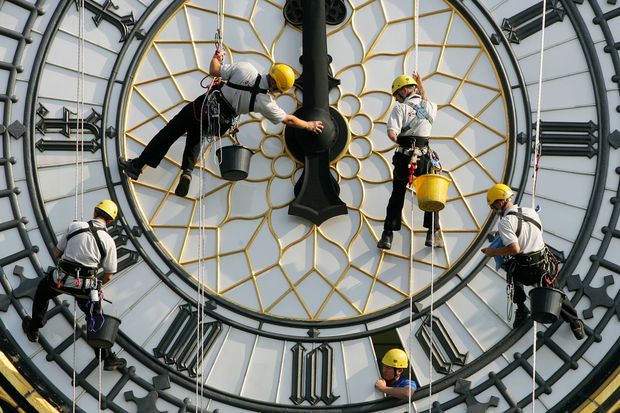In a close campaign, you would normally expect the smaller parties to get squeezed as voters decided that is really a choice between Labour and the Tories. But this time, thing might be different. Why, because the general expectation is that there will be another hung parliament and the coverage of the campaign is being reflected through that prism.
This emphasis on the likelihood of a hung parliament could change how people actually vote. As I write in the current issue of the magazine, the British Election Study shows that among voters who expect another hung parliament support for both Labour and the Tories is radically lower with the minor parties doing that much better.
Among those who expect one party to win outright, Labour and the Tories poll at 39 and 38 percent respectively. But with those voters who expect a hung parliament, these votes shares fall to 29 and 28 per cent. The beneficiaries of their decline are the other parties. Support for Ukip goes from 11 to 15 per cent, the Liberal Democrats from 6 to 10 per cent, the Greens from 4 to 7 per cent and, most dramatically, the Scottish Nationalists from 2 to 7 per cent.
This suggests that as more voters decide that a hung parliament is the most likely result, support for Labour and the Tories should fall and support for the minor parties increase. But set against that is that voters don’t want another coalition. The British Social Attitudes Survey found that almost two thirds of voters want a single party government after the next election. But, at the moment, the polls are not pointing towards any party being able to govern on their own.







Comments